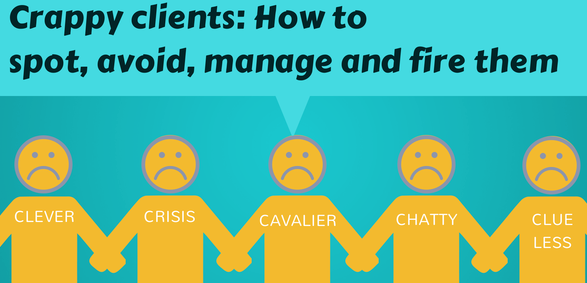

How To Develop A Consultative Approach To Selling
| |
In traditional selling, the emphasis is on manipulating the customer into buying by applying a range of techniques such as rapport, closing techniques, and systematically stripping the customer of all reasons not to buy. We've all been subjected to this at car dealers and have seen a gradual shift away from this one-way process.
In consultative selling, the salesperson becomes a consultant and focuses on filling the customers needs, asking questions before recommending solutions, establishing ongoing relationships, and seeking mutually satisfying transactions.
Focus On Their Needs
To adopt a consultative selling approach, you need to start off by asking a series of questions, just like your doctor would, and show some empathy towards their situation. Your goal is to address their immediate need, and become their trusted advisor for the long-term. While their immediate need may be somewhat unattractive to you, you never know how valuable their network may become for you.
Realistically, how often have you been in front of a prospect and caught yourself saying "I haven't got time for this low-end client and need to lose them". The next time you feel this urge, challenge yourself to give them the same level of professionalism that you would provide a high-end client. You never know how their referrals may bear fruit for you.
A consultative approach requires listening attentively on your end. Push yourself to talk less and listen more. Keep in mind that prospects are much better informed these days and have many options to choose from.
After you fully understand their needs and demonstrate a true desire to meet their needs, your recommendations should focus on the benefits of your service. Customize your response around the information that they've provided.
As a rule, customers don't care about the process and what needs to be done. Even worse, they don't care about how much work the project entails. They are looking to outsource their headache to you, want quick turnaround, and need to be reassured that you will handle it completely at a fair price.
If price becomes a sticking point, resist the urge to talk about what YOU have to do for them. Focus the discussion on how this will free them up from doing it themselves and how they benefit (e.g., save money, no worry, completed quicker, etc.).



